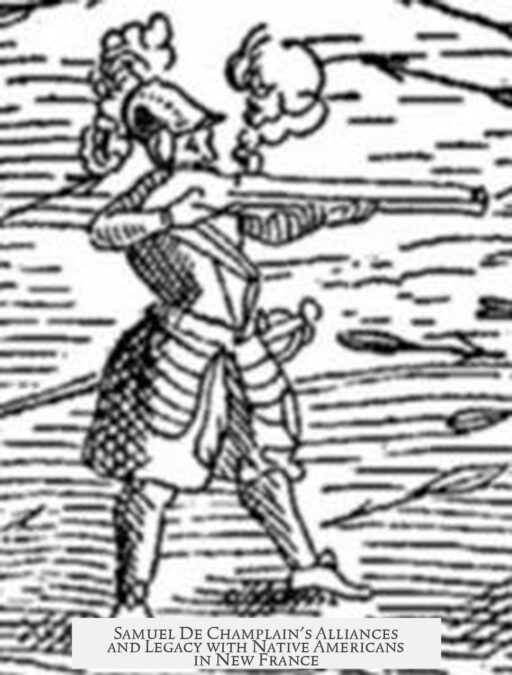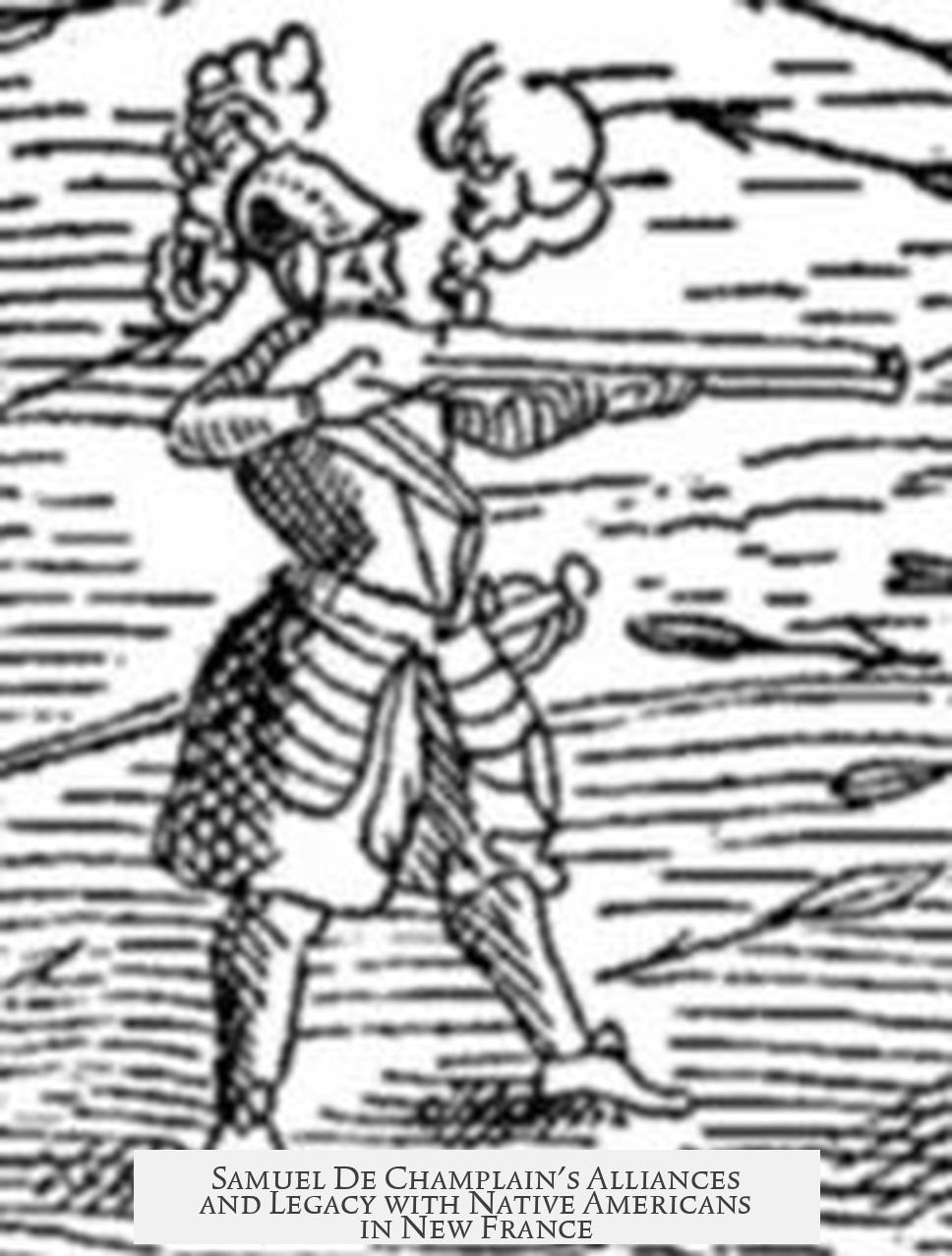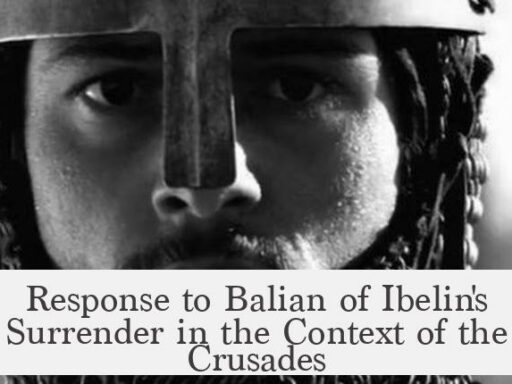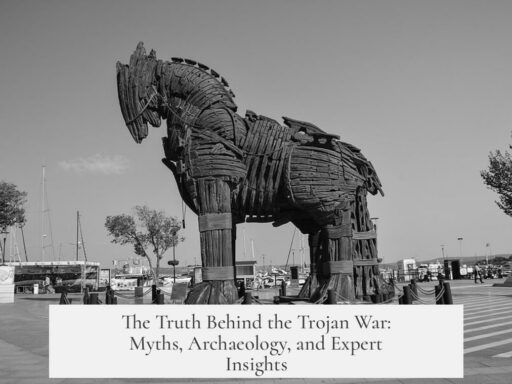Samuel de Champlain builds strong relations with Native Americans in New France by forming key alliances and showing loyalty. He allies primarily with the Algonquins and Huron-Wendat, supporting them against common enemies like the Iroquois. His commitment earns him respect and close ties with these groups.
Champlain quickly establishes an alliance with the Algonquin and Huron-Wendat tribes. He considers respecting and aiding his allies essential to sustaining these partnerships. His loyalty goes beyond diplomacy: Champlain fights alongside Native warriors in battles and even suffers injuries, including an arrow wound that forces him to spend a winter in a Native village. This experience solidifies deep trust and mutual respect.
The Native Americans regard the French as powerful allies. They view Champlain and his men as a “secret weapon” against the Iroquois, a major rival confederacy. This perception strengthens their commitment to support the French cause and maintain the alliance.
Champlain aims to secure strategic advantages through these relations. He focuses on controlling the St. Lawrence River, enabling his Huron allies to act as middlemen in trade between the French and western nations. Keeping the Iroquois out of the river valley is a major goal. Contrary to widespread colonization efforts, Champlain opposes extensive French settlement, seeing the preservation of native territories and presence as beneficial to his strategy.
Samuel Eliot Morison describes Champlain as a versatile figure: sailor, soldier, scholar, artist, and explorer. His leadership embodies loyalty to king and church, living by strong moral principles, which impresses both French and Native peoples alike. Even years after his interactions, the Huron praise his character and discipline.
When Champlain dies, many Native Americans travel to Quebec to pay homage. This act demonstrates the deep respect and significant impact he had on the Indigenous communities. His legacy in New France intertwines with the native alliances that he carefully nurtured.
- Champlain forms key alliances with Algonquin and Huron-Wendat tribes.
- He demonstrates loyalty, fighting alongside his Native allies.
- Natives see the French as a strategic weapon against the Iroquois.
- Champlain prioritizes securing the St. Lawrence River over colonization.
- He is remembered with respect by both French and Native peoples.
Samuel De Champlain and His Relations with the Native Americans in New France/Quebec
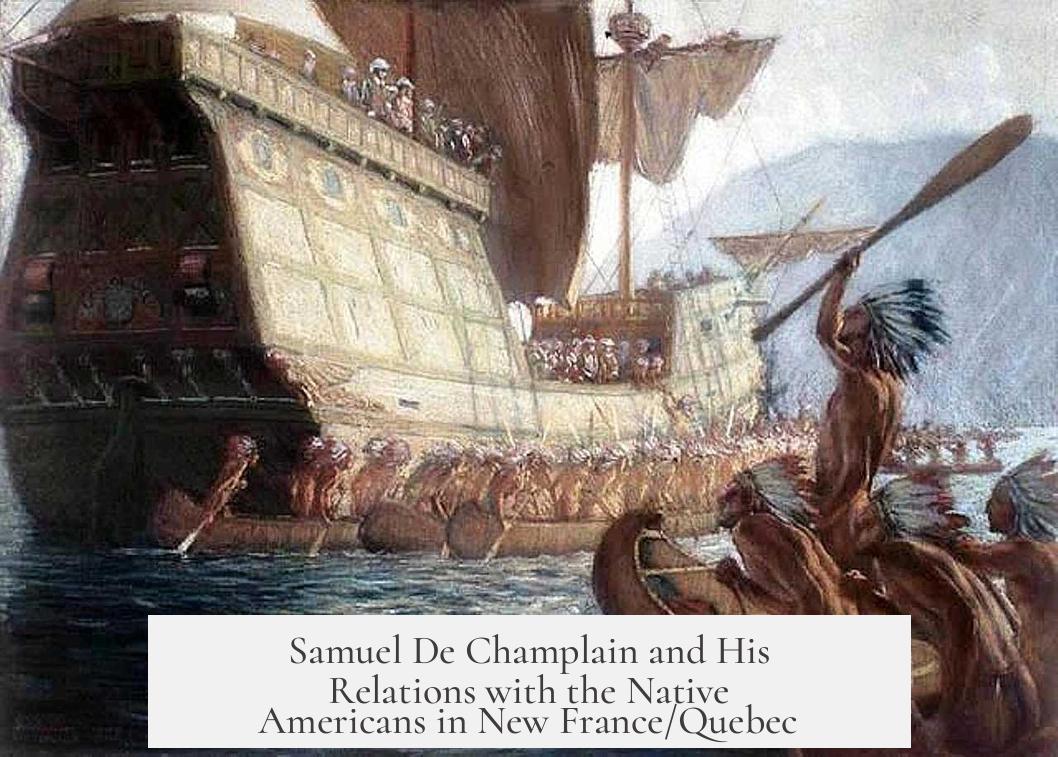
Samuel de Champlain builds strong alliances with Native Americans. This was crucial in the early 1600s when European presence in North America was fragile and often hostile. His relations with the Algonquins and Huron-Wendat peoples set the backbone for the French colony of New France. Champlain doesn’t just drop by, plant a flag, and wave goodbye. Instead, he digs deep into the community, forging connections that blend respect, strategy, and survival.
Right from the start, Champlain understands that the Native Americans are not just obstacles or oddities but key partners. He swiftly forms an alliance with the Algonquins and Huron-Wendat. This alliance isn’t a mere handshake deal; it evolves into a genuine friendship. He fights alongside them in battles, earning their trust and admiration. Champlain even takes an arrow in the knee—yes, the same trope from video games but very real—and ends up spending an entire winter in one of their villages. This winter stay shows how much he immerses himself in their way of life, becoming not just a French captain but a community member.
A Unique Loyalty: Champlain Stands by His Allies
Many colonial leaders sought power and land, often tossing alliances aside as soon as it suited them. Champlain, however, sees loyalty as core to his mission. He fights with the Algonquins and Huron, not just for French interests but because he genuinely respects their alliance. This loyalty goes beyond convenience. The Native Americans regard Champlain as a close and dependable ally, more than a foreign visitor. This foundation of mutual trust is rare in the volatile environment of colonial North America, where betrayal was often the easier path.
Why does this loyalty matter? It’s simple. The Native tribes were powerful forces, expert traders and warriors with detailed knowledge of the land. Champlain’s respect and commitment helped secure their support at a critical time.
The Native View: The French as a “Secret Weapon”
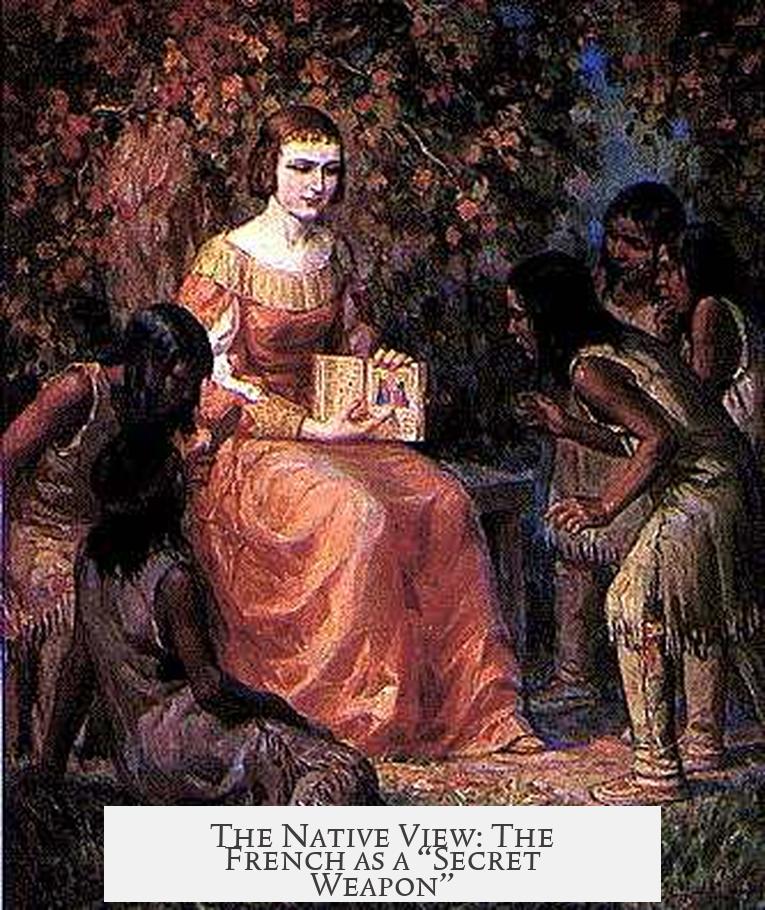
Think about it: if you’re an Algonquin or Huron warrior constantly threatened by the Iroquois Confederacy, who would you welcome? Champlain and his muskets brought something new—firearms. The Natives might have seen the French as a secret weapon against fierce Iroquois enemies. This changed the balance of power in the region.
Champlain’s alliance offers them protection but also leverage in intertribal conflicts. The French provide weapons, and in return, the Native allies help the French navigate uncharted territories and maintain trading routes. This reciprocal relationship profoundly shaped the politics of New France and its surroundings.
Strategic Goals Behind the Native Alliances
Champlain’s interest in Native relations was not just personal; it was deeply strategic. One key goal was securing the St. Lawrence River. He wanted this vital waterway safe for his allies, especially the Huron, so they could act as middlemen between the French and western nations. Keeping the powerful Iroquois out of the river valley was crucial to this plan.
Interestingly, Champlain didn’t want to flood the area with European settlers. He opposed extensive colonization. For him, the native presence was an advantage. It balanced power instead of eradicating local cultures. This perspective was ahead of its time, valuing indigenous peoples as partners rather than obstacles.
Samuel Eliot Morison’s Take: The Many Sides of Champlain
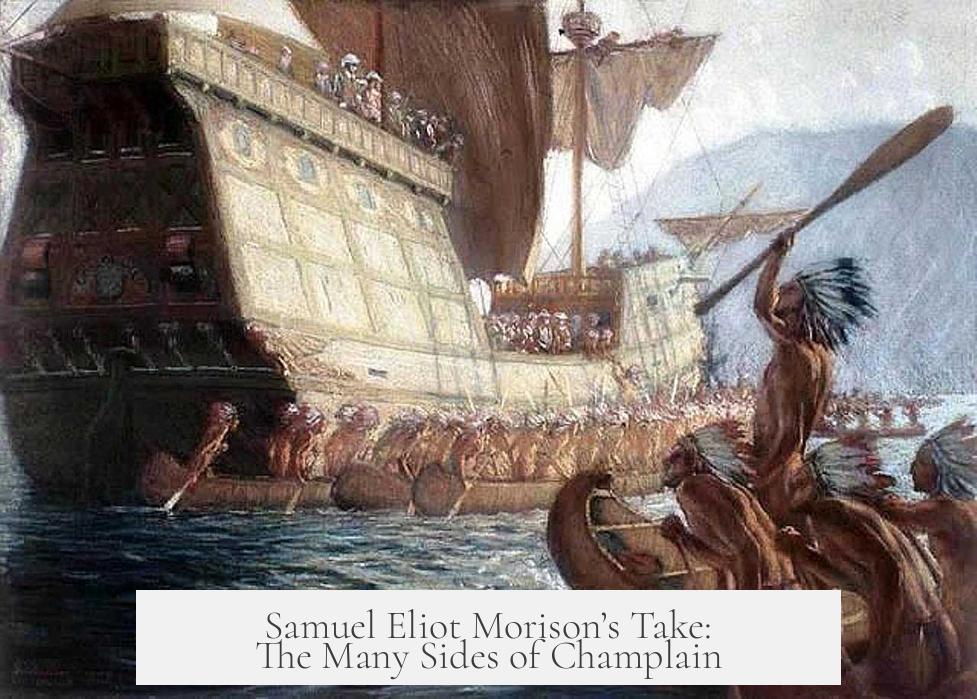
Champlain is no one-dimensional explorer. The historian Samuel Eliot Morison calls him “the most versatile of colonial founders in North America.” These are big words, but they fit. Champlain is sailor and soldier, scholar and man of action, artist and explorer. He charts coastlines with precision, fights battles, draws landscapes, and even writes on seamanship. To top it off, he leads a morally disciplined life, which impresses the Native Americans even years later.
Morison notes Champlain’s loyalty to king and church, and his personal code in what Morison refers to as “an age of loose morals.” This discipline gives Champlain a level of respect that transcends cultures. When he leaves the Huron nation for the last time, they marvel at his self-control. It’s a rare form of respect that goes beyond politics and warfare.
Legacy of Respect: When Champlain Dies, Natives Pay Homage
When Champlain dies in 1635, his relationship with the Native Americans is evident in who comes to mourn him. Local Native leaders and members travel to Québec to pay homage. This is not a casual gesture. It’s a powerful sign of respect and acknowledgment of his importance to their communities and to New France.
One might imagine a different story: colonizer misunderstood, struggling with locals. Instead, Champlain’s life tells a story of collaboration, mutual respect, and tactical friendship that shaped a continent. His legacy reminds us that diplomacy often outshines warfare in building lasting bonds.
What Can We Learn Today?
Champlain’s approach teaches several lessons relevant even now:
- Respect builds trust: Genuine relationships need loyalty, not just strategic convenience.
- Understand your allies’ perspective: Seeing the French as a secret weapon shows how mutual benefits can strengthen alliances.
- Value local presence: Unlike many settlers who preferred domination, Champlain saw the native presence as a strategic advantage.
In current global politics and business, these principles still apply. Collaborate with empathy and respect. Stand with your partners in tough times. The story of Samuel de Champlain and his relations with Native Americans offers a timeless model. Maybe that arrow to the knee was painful, but it symbolizes a deep commitment making history.
